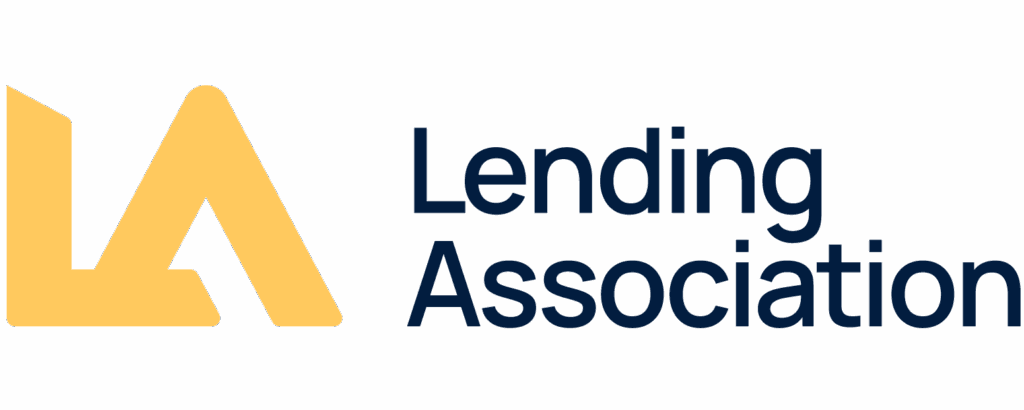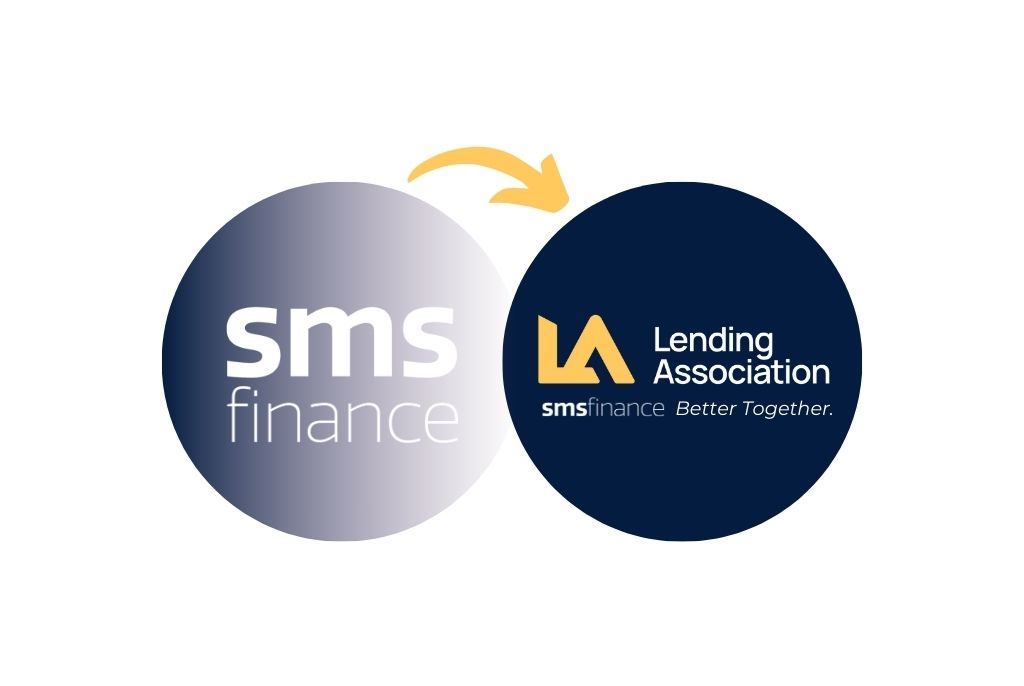Myth #1: You need a 20% deposit to buy a home
Contrary to popular belief, there are other alternatives to buying a home if you don’t have a 20% deposit handy. While a 20% deposit is ideal to buy a property, it’s not the only path to homeownership.
If you find yourself short on the 20%, there are practical options, such as Lenders Mortgage Insurance (LMI). With LMI, a lender may allow you to put down a deposit as little as 5% of the home’s value. It’s important to note it comes as an additional cost to your loan.
Myth #2: Mortgage brokers only use their favourite lender
As a potential borrower entering the market, you may have this misconception that mortgage brokers will only choose products from their favourite lenders, potentially benefiting them more than you.
At Lending Association, we are obliged under best interests duty legislation to always act in the best interests of our clients and prioritise their objectives when making recommendations.
Our goal as mortgage brokers is to potentially save you money, time and effort in the loan process. With access to over 60 banks and lenders and a diverse range of products, we provide you with more choice and can ensure we find the right loan for your needs. Unlike when dealing directly with a lender who is limited by their own suite of products. We consider every option in the market, ensuring the solutions we present align closely with your goals and unique situation.
Myth #3: Fixed rate loans are preferable to variable rate loans
Many believe that fixed rates are always the safer option when it comes to loans. The truth is, it depends on your unique financial situation and goals.
The benefit of fixed rate loans is that they offer stability with consistent monthly payments, protection from rate increases and is ideal for long-term planning, However, something to consider when locking in a fixed rate is that you could start with a higher initial rate compared to variable rate loans and miss out on potential savings if interest rates begin to drop.
On the other hand, variable rate loans are a good choice if you wish to start with a lower interest rate, potentially saving you more over the life of the loan if rates decrease. The downside of a variable rate is the uncertainty of rate changes and the possibility of your monthly payments changing, potentially causing financial strain.
The right loan type depends on your financial goals, risk tolerance, and how long you plan to stay in your home. Consult with one of our mortgage experts to evaluate your options and choose the loan that aligns best with your situation.
Myth #4: A pre-approval guarantees you a loan
A pre-approval is a helpful indication of your borrowing capacity with a lender prior to a full or final approval. It allows you to search and house hunt the property market with confidence and bid at auction while knowing your maximum limit.
With this in mind however, although a pre-approval is a step in the right direction to securing your property, it does not guarantee that you will get the loan and this can be due to a number of factors such as:
- Changes to your financial circumstances
- Changes in the market conditions
- Changes in the lender policies
- The outcome of the lenders valuation of the property
- A pre-approval is a valuable step that gives you a strong starting point in your home buying journey. Still, it’s essential to continue working with your mortgage broker, provide all the requested documents, and avoid major financial changes until your loan is officially approved.
Myth #5: You can’t buy a home if you have a HECS debt
Many students take out a HELP/HECS loan when attending university. The loan is paid off through the student’s wage/salary if they earn over a certain amount.
When applying for a loan, you disclose your assets, liabilities and debts, and many people tend to forget that this debt does play a factor and have an effect on the home loan application. However, it doesn’t mean that they can’t get a loan – it just means that their borrowing capacity would be lower due to this factor.
When lenders calculate your debt-to-income ratio, your HECS debt is included. A higher debt-to-income ratio indicates that a large portion of your income is used to pay off debts, resulting in a lower borrowing power.
If you currently have a HECS debt, don’t let it discourage you from applying for a home loan. With the right strategy and planning, homeownership is within reach.
Myth #6: It’s cheaper to rent than own
When entering the property market, one of the dilemmas you may face is whether it’s more effective to rent or buy. It’s fair to believe that renting is cheaper when compared to the initial costs of buying a home, such as the size of the loan itself, the deposit and the monthly repayments. However, it’s beneficial to consider the long-term benefits of buying as opposed to renting.
In the last four years alone, house and unit prices in Australia have increased significantly. If we look long-term, owning a property in this market allows you to benefit from an increasing property value, building up your equity which you can leverage for other financial goals.
Owning your own home also means you can make as many improvements as you want without being subject to the permission of a landlord. Personalising your space adds comfort and can increase the property’s value.
Knowing your monthly loan repayments also provides stability, unlike renting where you might face uncertain rent increases and lease renewals, potentially forcing you to move.
Talk to one of our brokers to understand if you can get into the property market. It’s worth considering how owning a home can offer long-term benefits. Every situation is unique, so it’s important to assess your personal circumstances and financial goals.
Disclaimer: Any information provided herein is of a general nature only. No consideration has been taken into your objectives, needs or financial situation. Before acting on this information you should consider if it is appropriate for your situatio




